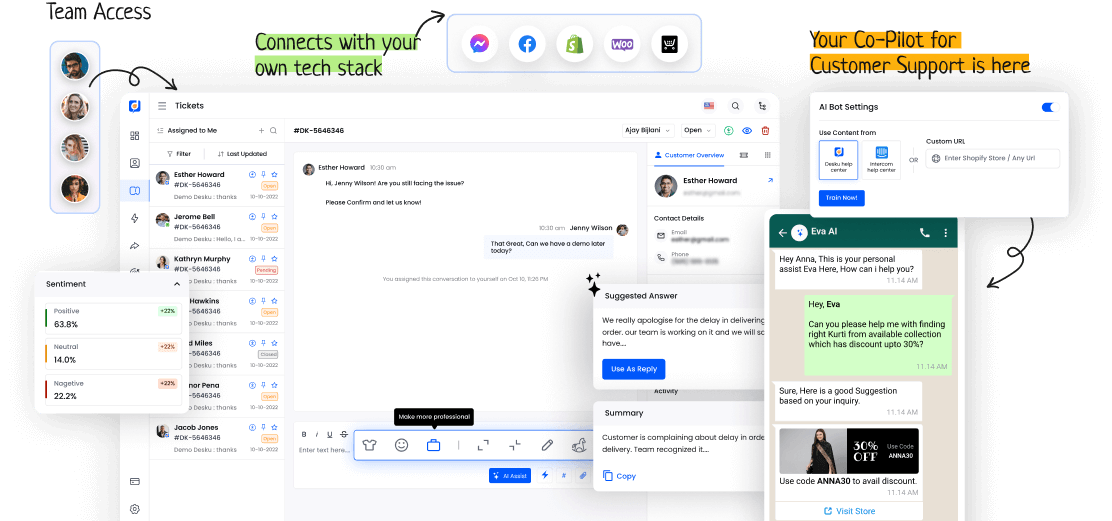The General Data Protection Regulation, or GDPR, is a key law for data privacy. It helps people have more power over their personal data.
GDPR impacts businesses all over the globe. It covers things like how to manage consent and what to do if there's a data breach.
Because of GDPR, businesses need to really think about how they handle data. But what does this mean for organizations? And how can they best follow GDPR rules?
It's not just a good idea to understand this law—it's vital in today's digital world.
I. Understanding GDPR Basics
Grasping the basics of the General Data Protection Regulation (GDPR) is crucial for firms in the European Union. The GDPR summary centers on protecting data. It ensures safe and open handling of personal information.
It demands businesses to get permission for data handling. They must also set up suitable safety measures. They need to alert authorities about data leaks. By following these rules, businesses can defend individual's privacy rights. They can also sidestep big fines.
II. Importance of GDPR Compliance
Businesses in the European Union need to follow GDPR rules. This ensures they protect data and dodge law issues.
- It keeps customers loyal and trusting.
- It lowers the chance of data leaks.
- It lifts your name and trustworthiness.
- It prevents big penalties for not following rules.
III. Implications of GDPR for Businesses
The effect of GDPR on businesses is deep and widespread. It changes how they work, handle data, and make big decisions. This rule has big effects for businesses. It forces them to move towards stricter data protection.
Companies must now make protecting personal data a top priority. They must ensure they comply with the rule and be clear in their processes. This helps reduce risks and build trust with their customers.





